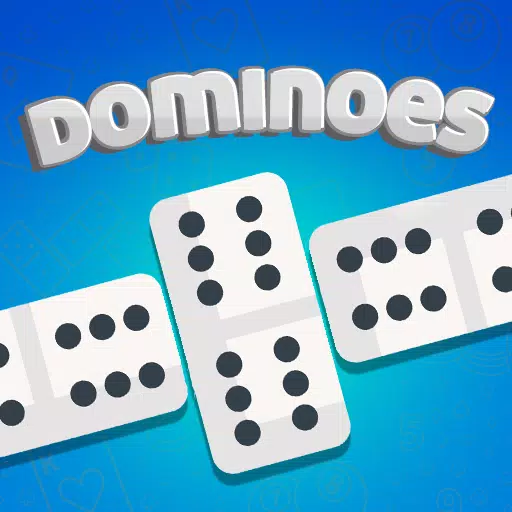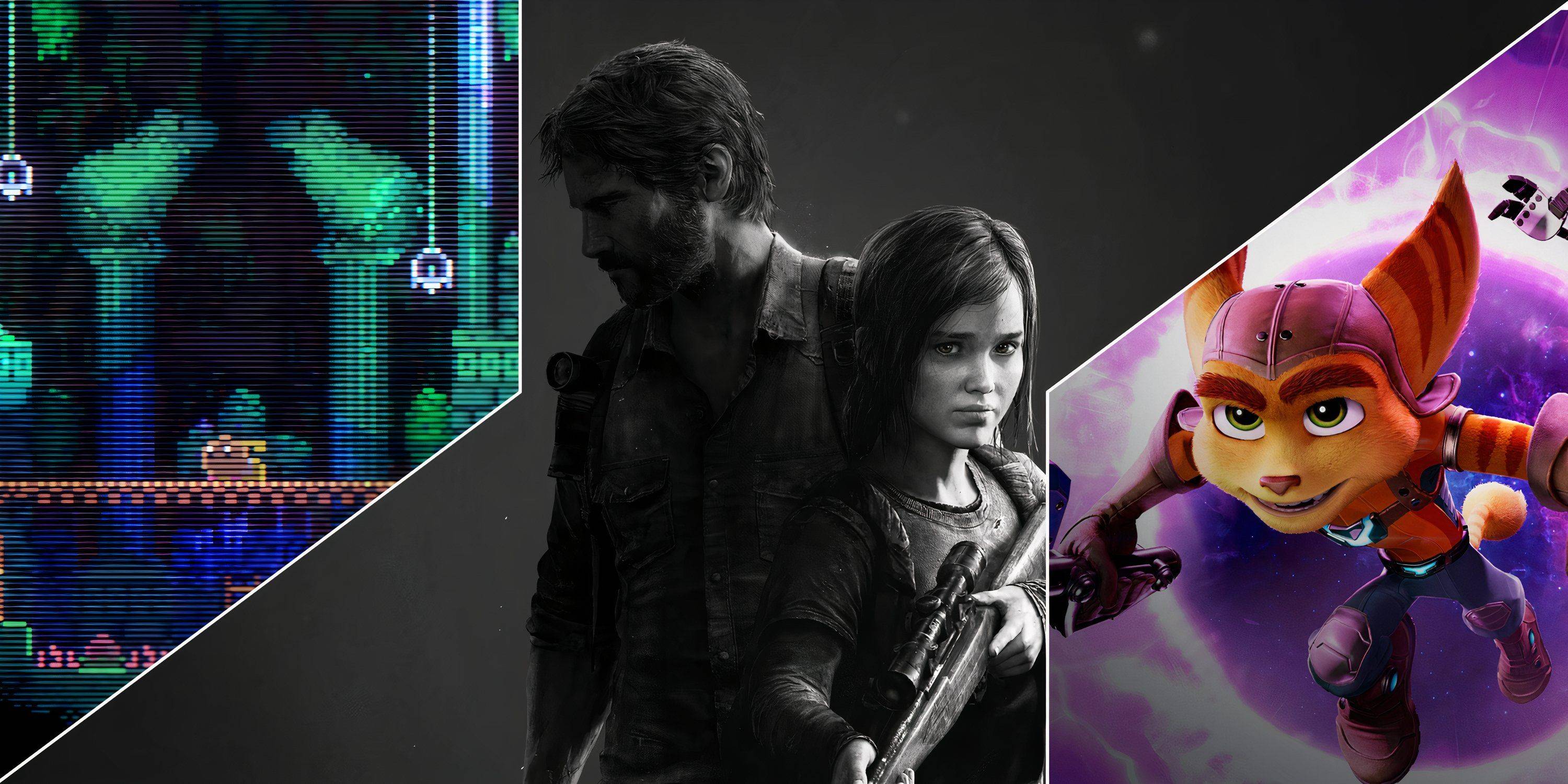The Marvel Cinematic Universe (MCU) has revolutionized entertainment by weaving a series of films and TV shows into a single, cohesive narrative. In contrast, Marvel video games operate independently, with each title telling a standalone story. For instance, Insomniac's Marvel's Spider-Man series has no connection to Eidos-Montreal's Marvel's Guardians of the Galaxy. Similarly, forthcoming titles like Marvel 1943: Rise of Hydra, Marvel's Wolverine, and Marvel's Blade are not linked together. However, there was once an ambitious plan at Disney to create a Marvel Gaming Universe (MGU) that would mirror the interconnected storytelling of the MCU. So, what led to the demise of this intriguing concept?

On The Fourth Curtain podcast, hosts Alexander Seropian and guest Alex Irvine, both involved in the MGU project, shed light on its fate. Seropian, known for co-founding Bungie and developing Halo and Destiny, led Disney's video game division until 2012. Irvine, a prolific writer for Marvel games, notably contributed to Marvel Rivals. Irvine recalled the initial vision for the MGU:
“When I first started working on Marvel games, there was this idea that they were going to create a Marvel gaming universe that was going to exist in the same way that the MCU did,” Irvine said. “It never really happened.”
Seropian revealed that the MGU was his brainchild but failed to secure funding from Disney's upper management. “When I was at Disney, that was my initiative, ‘Hey, let’s tie these games together.’ It was pre-MCU,” Seropian explained. “But it didn’t get funded.”
Irvine, who had previously worked on the innovative Halo alternate reality game (ARG) I Love Bees, elaborated on the MGU's potential mechanics. “That was so frustrating because we came up with all these great ideas about how to do it,” he said. “And I was coming out of ARGs at that point and thinking, ‘Wouldn’t it be cool if we had some ARG aspects?’ There would be a place where players could go that all the games touched, and we could move them back and forth from game to game. We could link in comics, we could loop in anything, we could do original stuff. And then, as Alex said, it didn’t get funded. So we made a bunch of games.”
The complexity of the MGU concept may have contributed to its rejection. Irvine noted that the intricacies of maintaining consistency across different media platforms posed a challenge. “Even back then, we were trying to figure out, ‘If there’s going to be this MGU, how is it different from the comics? How is it different from the movies? How are we going to decide if it stays consistent?’ And I think some of those questions got complex enough that there were people at Disney who didn’t really want to deal with them,” he explained.
It's intriguing to speculate on what might have been if the MGU had come to fruition. Perhaps Insomniac's Spider-Man games could have coexisted in the same universe as Square Enix's Marvel's Avengers and Marvel's Guardians of the Galaxy, with characters crossing over and culminating in a grand, Endgame-like event.
Looking forward, fans are curious about Insomniac's upcoming Marvel's Wolverine game. Will it share a universe with Marvel's Spider-Man? Could there be cameo appearances from Spider-Man or other characters?
Unfortunately, the MGU remains an unfulfilled dream, a missed opportunity in the realm of video games. Yet, in some alternate universe, perhaps it thrives...
 Home
Home  Navigation
Navigation






 Latest Articles
Latest Articles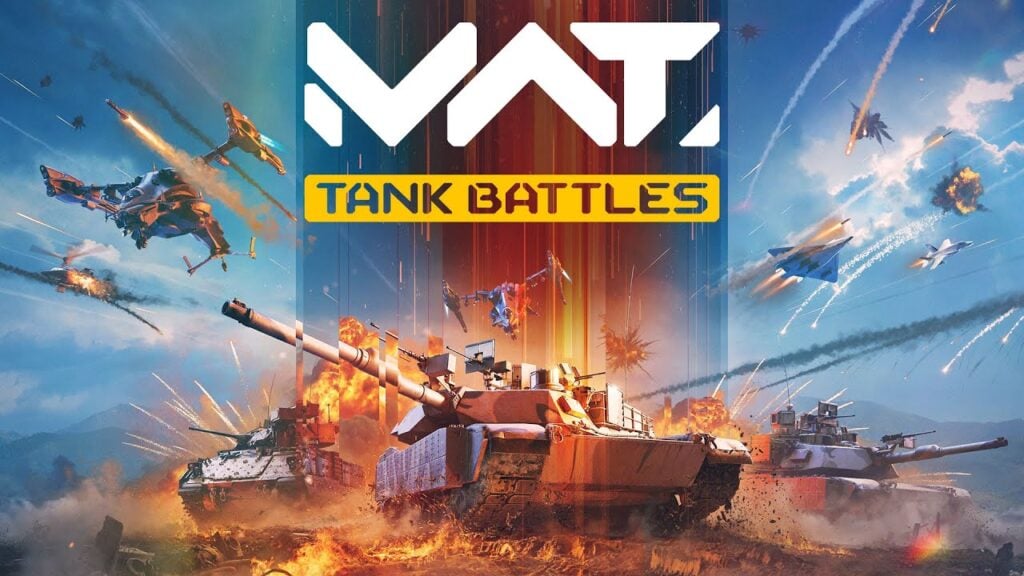
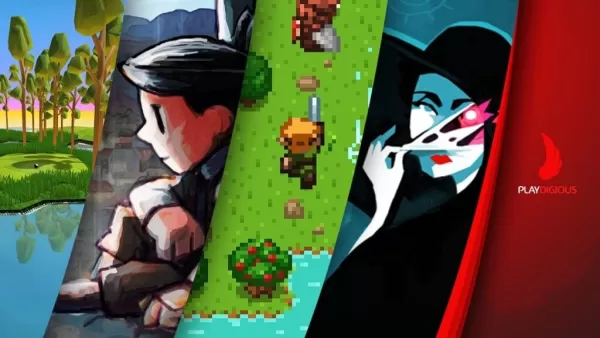
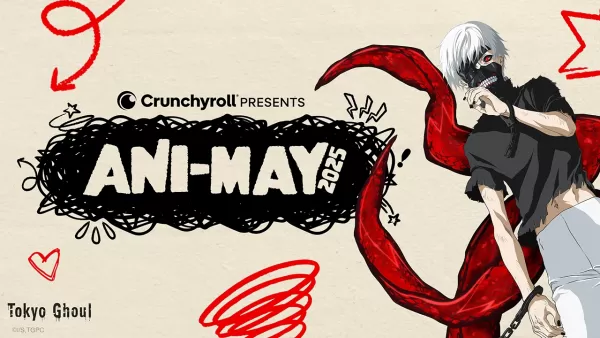








 Latest Games
Latest Games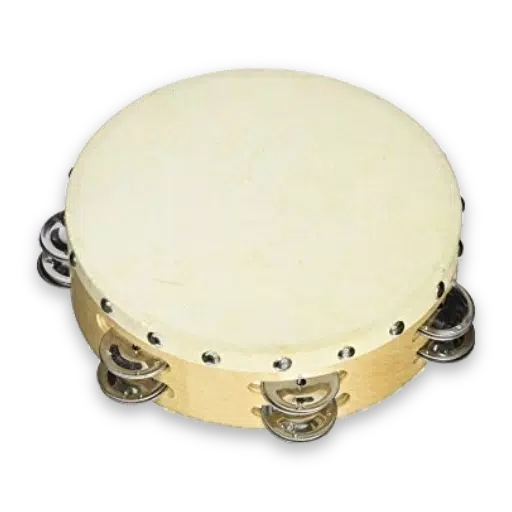


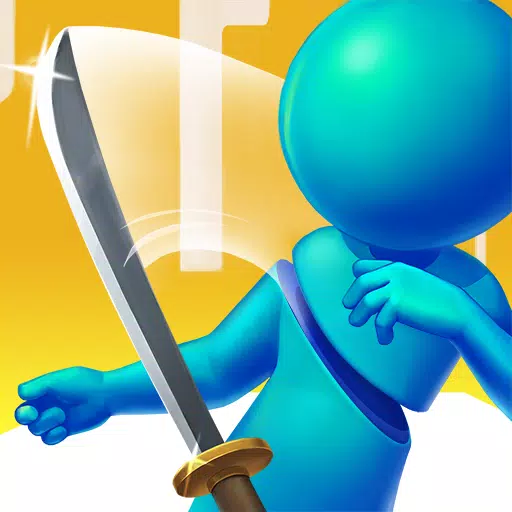

![Chubby Story [v1.4.2] (Localizations)](https://imgs.xddxz.com/uploads/85/1719638042667f981a5e9f8.jpg)

![Zia – New Version 0.4 [Studio Zia]](https://imgs.xddxz.com/uploads/47/1719569268667e8b74e6004.jpg)


